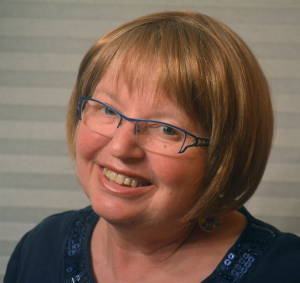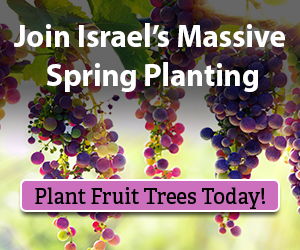I have come to the conclusion that there are a great many of us out there, both survivors and their children, who continue to have strong feelings or opinions about the impact of the Holocaust on their lives. Seventy years later, many survivors have, unfortunately, passed away. Those who remain continue to reflect on their memories of that time and to share them with their descendants and community. Personal reminiscences, historical knowledge and words of wisdom are transmitted from generation to generation, as they should be.
Second generation survivors, like me, are entering their fifties, sixties or possibly even their seventies. We are now considered to be aging children of survivors and are long way from our early experiences. In general, we are a highly accomplished generation and likely have many personal and professional achievements of which to feel proud. Yet the impact of our parents’ trauma does, in my opinion, continue to affect us, in one way or another, even after all the years that have passed.
In the 1970s, there was a flurry of interest in examining the phenomenon of second-generation survivors. I recall reading Helen Epstein’s definitive book, Children of the Holocaust. It made a strong impression on me and spurred me on to attend conferences and workshops on the topic. Those gatherings and the appearance of more literature and research on issues of second generation fascinated me.
From other people’s stories, I learned that there was no typical scenario, as each “child” and their circumstances were unique. I suspect that the extent of loss and trauma that the parent or parents experienced was only one of many determinants of intergenerational issues that evolved.
My own parents were loving and supportive, yet there were unresolved feelings lurking beneath the surface. My mother’s pain over the loss of her own mother during a selection at Auschwitz haunted her throughout her life. In spite of this, she was generally cheerful and took great pride in her family and excellent culinary skills. My father lost his entire family in the camps, which affected him profoundly. Somehow, he found the strength to remain a soft-spoken, gentle and caring man, with no apparent bitterness.
I believe that my parents were able to understand and comfort each other, yet there were many painful memories that they chose not to share with me, as they likely felt they would be too difficult for me to understand. I was aware that I could not meet their emotional needs and felt badly if I did not live up to their oft-unspoken expectations. Still, I believe, with all my heart, that they were the best parents I could ever have wished for, as they truly loved me and did the very best they could.
It seems to me that there are still children of survivors today who are searching to understand where they fit into the general scheme of things. They are aware that they share a different world view than those from non-Holocaust families and are interested in exploring this difference. They want to meet people with a similar experience.
Every child of survivors has stories to tell. I encourage them to seek out a listening ear so they can so they can unburden themselves of these stories and gain some insight and understanding, to help them resolve any lingering conflicts and feelings from the past. Then they can move on with their lives, even as they are approaching their retirement years.
Do You Love Israel? Make a Donation - Show Your Support!
Donate to vital charities that help protect Israeli citizens and inspire millions around the world to support Israel too!
Now more than ever, Israel needs your help to fight and win the war -- including on the battlefield of public opinion.
Antisemitism, anti-Israel bias and boycotts are out of control. Israel's enemies are inciting terror and violence against innocent Israelis and Jews around the world. Help us fight back!




